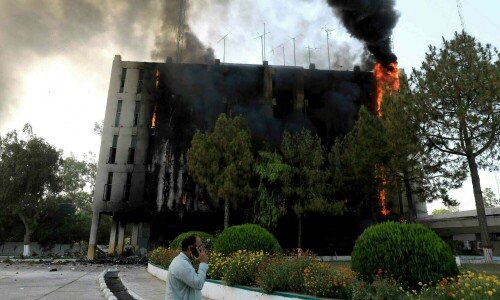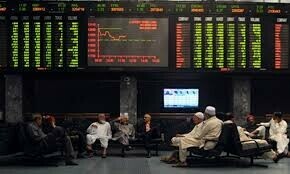THE proposal to stop connecting domestic gas consumers to the extensive pipeline network of SSGC and SNGPL in future as part of the broader national energy-sector reform plan has been on the table for some years now. The suggestion was put forward to bridge the growing supply gap during winter on account of fast-depleting indigenous resources and the increasing demand of fuel but was never implemented for fear of a backlash. With worsening winter gas shortages a permanent part of our energy crisis for over a decade and a half, the previous government had tried to fill the gap by incentivising the establishment of two RLNG terminals to import liquid natural gas. But the imports have never matched the demand, which continues to rise.
Gas accounts for more than half of Pakistan’s total energy consumption and is used for a variety of purposes ranging from cooking to manufacturing fertilisers to fuelling cars to producing electricity. Nevertheless, domestic consumers, who get the heavily subsidised fuel through one of the world’s largest pipeline gas supply networks, have always led the other sectors in generating new demand. With almost a quarter of its population connected to the gas supply network, around 3m more people are waiting for new connections while gas companies have the capacity and resources to provide up to 400,000 connections annually. Pakistan needs more gas. What should we do? The ban on domestic gas connections may slow down the pace of increase in the winter supply gap and cut imports, but it will not help cover the worsening gas deficit. Nor are LNG imports a sustainable solution given the nation’s weak external sector situation. The long-term solution lies in adding to domestic gas reserves by exploring indigenous resources. But the government will have to make new gas exploration attractive for firms by offering them competitive prices. For that, it needs to remove pricing distortions and subsidies to bring domestic prices at par with international rates. That again will be a politically tough decision to make.
Published in Dawn, October 20th, 2020












































